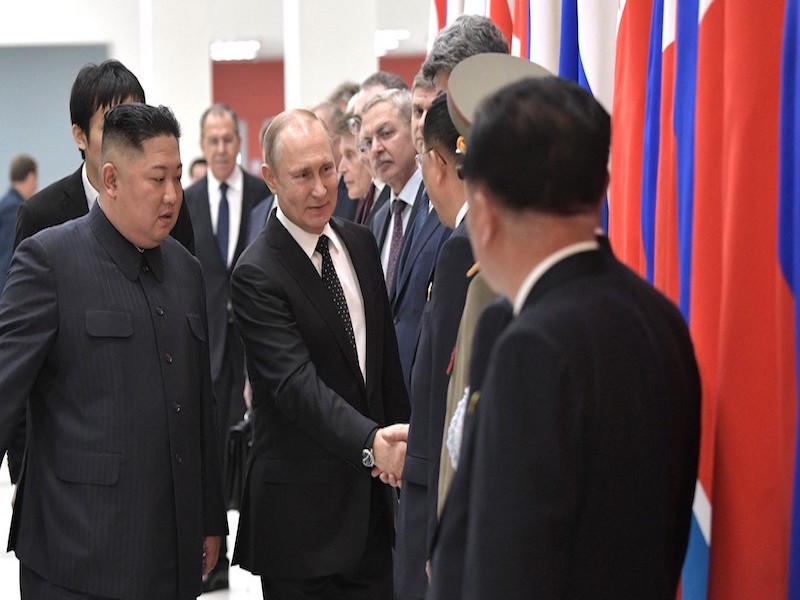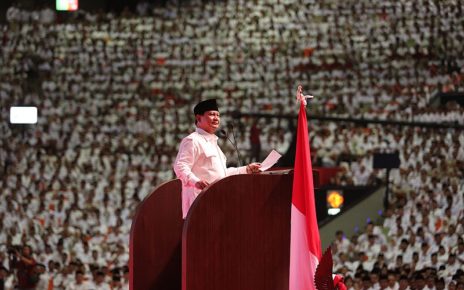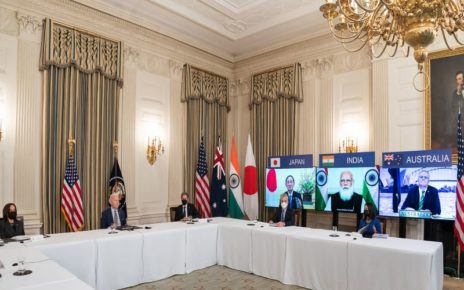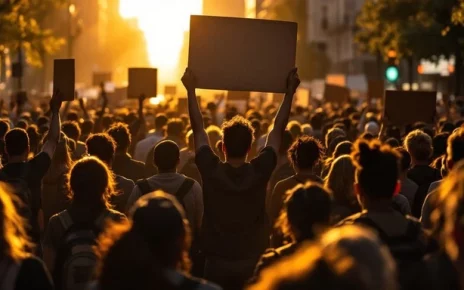Scott Burns
After nine months of fighting, the situation in Ukraine is not in Russia’s favour. Over recent weeks, the Russian military has begun to run out of precision munitions to employ on the battlefield right when Moscow is escalating its war on Ukraine in advance of the winter. Consequently, in an effort to replenish munitions, Putin has turned to North Korean Chairman Kim Jong Un, who has been receptive to this revival of the historical relationship between Moscow and Pyongyang, both of which are suffering from international isolation.
In a recent briefing to the press, US National Security Council spokesperson John Kirby revealed that North Korea is secretly supplying Russia with a significant number of artillery shells, attempting to disguise the shipments as deliveries to the Middle East and North Africa. Kim Jong Un’s agreement to supply Russia with munitions is not surprising, as North Korea was among the five countries that voted against the UN General Assembly’s resolution demanding Russia’s withdrawal from Ukraine. North Korea is also the only UN member state that has recognized the Moscow-backed referenda in the Ukrainian provinces of Donetsk, Lugansk, Kherson, and Zaporizhzhya. This support of Russia’s aggression is also evident from the North Korean foreign ministry website, which claims that Russia had no choice but to carry out a military operation against Ukraine because of NATO’s encirclement of Russia.
North Korean arms sales to Russia are an important threat that requires NATO’s attention, as Russia’s use of large-scale artillery has been and will continue to be devastating for the Ukrainians. While up to now these munitions have been used to kill Ukrainian infantry and to ravage cities, with winter fast approaching, Russian artillery is being used to target Ukrainian civilian energy infrastructure, which will deprive Ukrainians of light, heat, and water. This destruction of urban infrastructures makes any attempt by Kyiv to reintroduce government support to newly liberated areas that much more difficult. It also means that many Ukrainians may have to flee their country as they won’t have heat or water during the cold months of winter.
NATO has an important role to play in countering North Korea’s support of Russia in this time of crisis. The US has substantial surveillance over North Korea, making direct routes via rail to Russia difficult, forcing at least some of the freight to go via ship through the Middle East or North Africa where NATO forces can work to intercept them. Knowledge of where the shipments are headed would make this task easier. Fortunately, John Kirby told reporters “we do have a sense of where they’re going.” Observers expect that North Korea would ship the munitions via Russian ally Syria or to ports in North Africa where the Russian Wagner Group is present.
At the same time, NATO must work hard to replenish Ukraine’s stocks of artillery shells that have been depleted after nine months of war. This won’t be easy. Ukraine is firing several thousand artillery rounds each day, whereas the US produces only 15,000 rounds each month. Ideas such as purchasing rounds from South Korea and restarting ammunition factories are being explored and should take priority. And other more modern weapons systems, such as the French-provided Caesar howitzers or the planned US Patriot defence system, can be supplied. According to a NATO official interviewed by the New York Times, whereas most of its members are “pretty tapped out,” France, Germany, Italy, the Netherlands, and others can still do more.
North Korea’s secret arms sales to Russia could help Putin in his efforts to turn the tide of the war in his favour. With winter on the way, NATO and its partners must work together to intercept these munitions, while at the same time working to resupply munitions and arm the Ukranians. A revival of the Russia-North Korean relationship must not allow Vladimir Putin to achieve his goals.
Photo: Kim Jong Un and Vladimir Putin Meet (2019), by Kremlin.ru via Wikimedia Commons. Licensed under CC BY 4.0.
Disclaimer: Any views or opinions expressed in articles are solely those of the authors and do not necessarily represent the views of the NATO Association of Canada.




